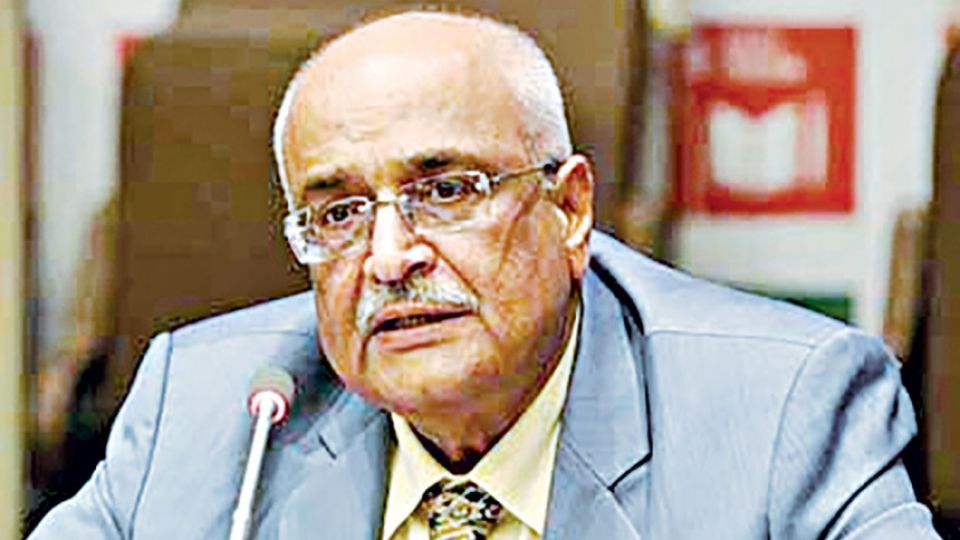July 22, 2022
DHAKA – Given the current economic situation, the government should consider suspending mega projects the physical work of which has yet to begin, economist Debapriya Bhattacharya said yesterday.
Unless these projects are of utmost importance, they should be put on hold, he said.
“Bangladesh needs to be wary of the debt situation as well, since it may become somewhat tricky in 2024-26 as the repayment schedule for many of the high value loans will kick off around that time,” he said at a virtual dialogue titled Top 20 Mega Projects in Bangladesh: Trends and Status.
“There is a need for defining a repayment strategy, including rescheduling of imminent payments, given the current account and foreign reserve status.
“Very close monitoring will be paramount to keep the debt situation in check.”
Debapriya also said the government should review several projects in which there was “visible corruption”.
The comments come at a time when the country is struggling with dwindling foreign currency reserves, runaway inflation, and energy crisis.
Debapriya and his team researched on 20 most expensive mega projects, including the Padma Bridge, Padma Bridge Rail Link, Rooppur Nuclear Power Plant, and three metro rail projects.
The total implementation cost of the 20 projects is Tk 556,955.74 crore, of which 61.17 percent is supposed to be foreign assistance.
Foreign sources are supposed to finance over 50 percent of 14 of the 20 projects.
There are 11 transportation and communication sector projects and four electricity and fuel sector projects.
The projects related to electricity and fuel are much larger and more foreign-finance dependent, he said.
There are two education sector projects, two health sector projects, and one housing project, he said.
“It seems that the mega projects have come at the expense of fiscal allocations for social sectors including health, education and social protection.”
The lack of transparency and accountability along with delay in implementation have affected the reserve.
LOAN AND REPAYMENT
Implementation of the 20 mega projects involve 40 loan packages and five grants.
Of the total foreign finance, almost 84.4 percent is in grants and concessional loans. Two semi-concessional loans (4.4 percent) are supposed to come from Russia while five non-concessional loans (11.1 percent) are supposed to come from China.
Thirteen loan packages amounting to $32.26 billion are due for repayment by 2024.
Around 57.5 percent of the loans have a grace period of 10 years while 72.5 percent have repayment period of 20 years and beyond.
Debapriya said the review of terms and conditions of foreign loans for the top 20 mega projects are favourable as there are a good number of concessional loans along with grants.
The economist commented that he saw the negotiation between the government and International Monetary Fund (IMF) as a positive development because an IMF loan will help stabilise the economic condition and improve confidence of foreign investors and development partners.


